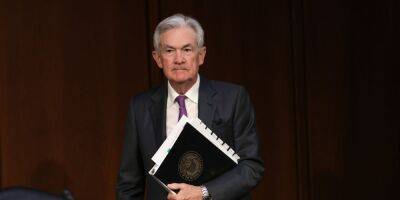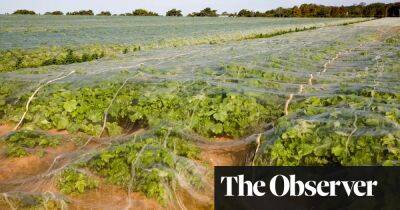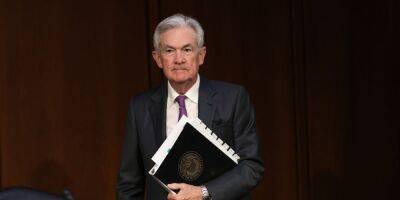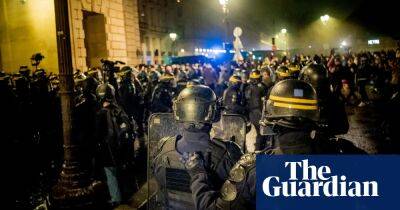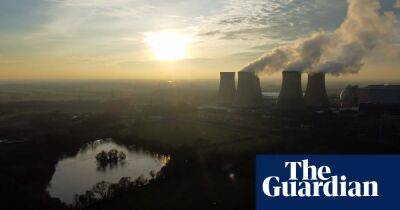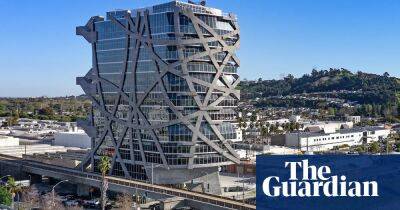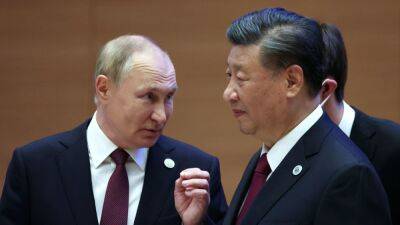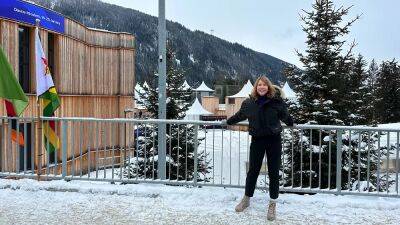Growing foothold: how Russia donates fertiliser to deepen African alliances
T he Russian national anthem rings out at a farm to the south of Malawi’s capital, Lilongwe. Farmers attending the handover ceremony of 20,000 tonnes of Russian fertiliser rise to their feet, out of respect for their guests. Later, some will collect bags of the desperately needed nitrogen, phosphate and potassium (NPK).
Amid global fertiliser shortages and rising prices since 2020, aggravated by the Russia-Ukraine war, the Russian chemicals company Uralchem-Uralkali last year agreed to donate 260,000 tonnes of fertiliser to African countries most at risk of food insecurity.
The first shipment, to Malawi, facilitated by the UN World Food Programme (WFP), was signed off in November to urgently avert a looming hunger crisis in the land-locked country. But despite food and fertiliser being exempt from international sanctions placed on Russia, one of the world’s largest fertiliser producers, diplomatic tensions have restricted flow, leaving thousands of tonnes sitting on ships in European docks.
The Malawi shipment, having eventually received clearance to leave a port in the Netherlands, faced further delays when it arrived in Mozambique in early January before making its way to Lilongwe on trucks. It finally arrived in Malawi in February.
Although the donation is a humanitarian agreement, last week’s ceremony in the village of Mkwinda could be mistaken for a bilateral deal between two countries and another building block in Russia’s strategy of deepening its alliances in Africa.
The flags of Malawi and Russia flutter side by side in the breeze of an impending rainstorm. Malawi’s minister of agriculture, Samuel Kawale, shakes hands with the Russian ambassador, Nikolay Krasilnikov.
“You came to our rescue when we needed you the
Read more on theguardian.com



